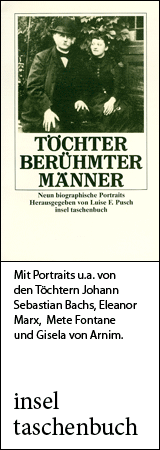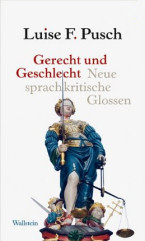Biographies Maria Antonia Walpurgis, Kurfürstin von Sachsen, Herzogin von Bayern

Commons.Wikimedia.org
born on July 18, 1724 in Munich
died on April 23, 1780 in Dresden
German composer, poet and painter
300th birthday on July 18, 2024
Biography
In her memoirs, the singer Elisabeth Mara described her encounter with the Electress: “In 1767 she came to the Leipzig Fair. I was fortunate enough to please her and was soon asked to come to Dresden to take on a role at the opera theater. The Electress received me kindly, and when I expressed my concern that I had never set foot on a stage, she took it upon herself to help. She had composed the music herself. Every morning, she would instruct me. As far as my positions and gestures were concerned, she had little trouble, because my dancing instructor had already drummed them into me, claiming that I would certainly need them one day. But I had not yet mastered the recitative, and my progress there I owe entirely to her.”
These few lines reveal a great deal about the Electress: she was supportive and she was well versed in musical matters. The eldest daughter of the Elector of Bavaria and Archduchess Maria Amalia of Austria, she received her initial musical training in Munich. After her marriage in 1747, she moved to Dresden, where she received lessons from Nicola Porpora and Johann Adolph Hasse, who were among the most famous composers of the time. She began her artistic career as a poet; her texts were set to music by Hasse, Ferrandini and Mann, among others.
She then wrote two opera texts, Talestri and Trionfo, both of which she set to music (Elisabeth Mara made her debut with Talestri). Shortly afterwards, she gave up composing and took up painting.
She often appeared as a singer or a keyboard player at court, where she would also perform her own works. Her operas were published, translated into several languages and performed at other European courts. Her contemporaries admired her artistic versatility. Even Frederick the Great expressed his high regard for her talent in an appreciative letter to her. Musically, she was strongly influenced by Hasse, but her operas certainly displayed an independent creative power and scenic skill. It is a pity that as a member of the nobility she did not require an income from music; had she needed to earn her living, there in all likelihood would be more of her musical creations to treasure today.
(Text from 1998; translated with DeepL.com; edited by Ramona Fararo, 2024)
Please consult the German version for additional information (pictures, sources, videos, bibliography).
Author: Eva Rieger
Quotes
Metastasio writes verses, Hasse writes music; yet neither of them will ever be able to present both verse and music of their own creation in a single piece of work. It was reserved for you, Madame, to unite so many talents into great virtues, which makes you admired by your subjects. (Frederick the Great in a letter to the Electress)
If you hold the rights to one or more of the images on this page and object to its/their appearance here, please contact Fembio.



